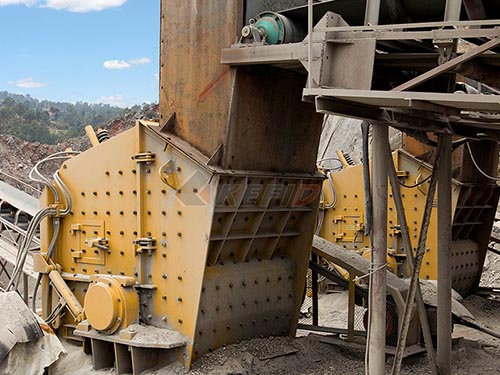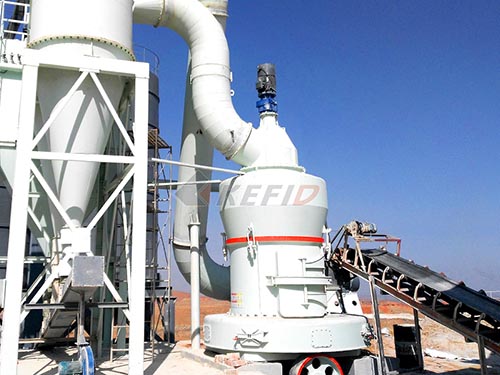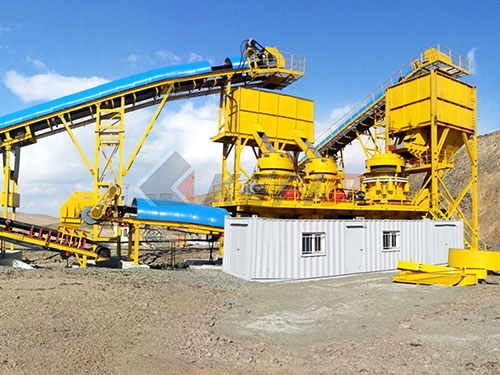The Engine Beneath Progress: Ishiagu’s Crushed Rock Industry

Nestled within the resource-rich landscapes of Ebonyi State, Nigeria, the town of Ishiagu resonates with the steady hum of industry. At its heart lies a sector fundamental to national development yet often overlooked: the crushed rock industry. Far more than just breaking stone, this vital activity forms the literal bedrock upon which modern Nigeria is being built.
Geological Bounty Meets Infrastructure Demand
Ishiagu sits atop significant deposits of hard rock formations, primarily granite and other igneous rocks prized for their strength and durability. This geological fortune coincided perfectly with Nigeria’s immense and ongoing demand for construction aggregates – the crushed stone, gravel, and sand essential for building roads, bridges, buildings, dams, and runways.
The process is physically demanding but conceptually straightforward: large boulders extracted from quarries are fed into powerful crushing machines. These machines progressively reduce the rock into smaller fragments of specific sizes – ranging from large riprap used in erosion control down to fine aggregates mixed into concrete or asphalt.
Economic Lifeline
The economic impact on Ishiagu and Ebonyi State is profound:
1. Employment: The industry provides direct employment for thousands – from skilled machine operators and blasting experts to drivers transporting materials and support staff.
2. Local Economy: It stimulates ancillary businesses – equipment repair shops, fuel suppliers, food vendors catering to workers – creating a multiplier effect throughout the community.
3. Revenue Generation: The sector contributes significantly to state government revenue through taxes, levies, and royalties on mineral extraction.
4. Skills Development: It fosters specialized skills in geology, mining engineering mechanics operation heavy machinery maintenance.

Driving National Development
The output from Ishiagu’s quarries travels far beyond local boundaries:
Road Construction: Crushed stone forms the essential base layers (sub-base and base course) for virtually all paved roads across Southeastern Nigeria and beyond.
Concrete Production: Fine aggregates are indispensable components in concrete used for buildings foundations bridges other structures.
Railway Ballast: Specific sizes provide stable ballast for railway tracks.
Drainage & Erosion Control: Larger stones are used in drainage ditches retaining walls shore protection.
Without this consistent supply of quality aggregates sourced locally much of Nigeria’s critical infrastructure projects would face delays significantly increased costs due reliance imported materials.
Navigating Challenges
Despite its importance industry faces significant headwinds:

Leave a Reply